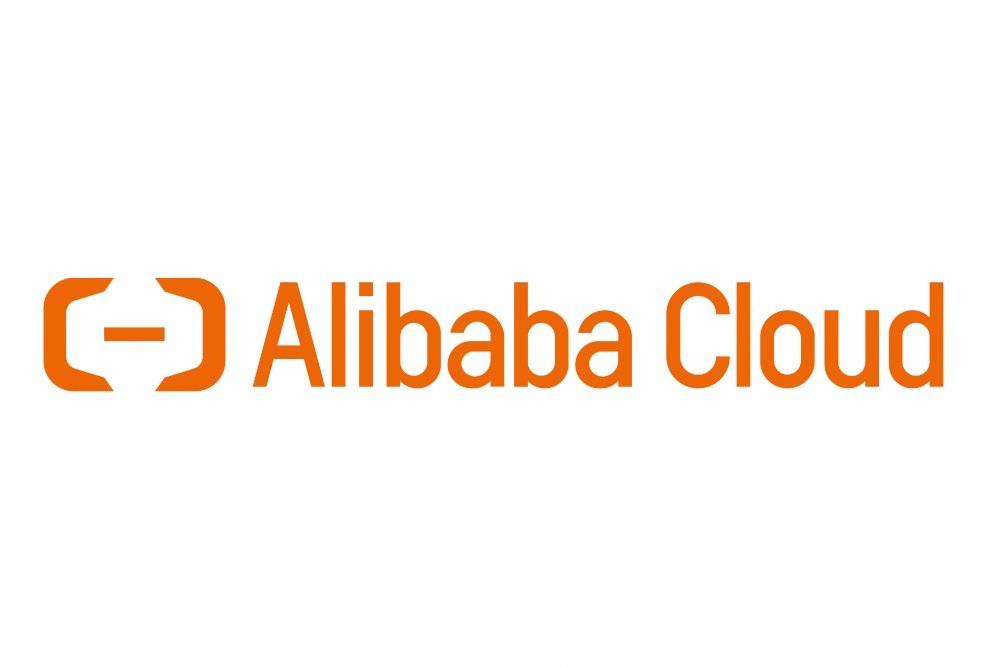Alibaba plans on investing an additional $28 billion into its cloud computing division’s infrastructure, after the company saw a massive spike in demand for the service during the coronavirus pandemic.
According to Gartner, Alibaba Cloud is the top cloud provider in the Asia Pacific region, although globally it is significantly smaller than AWS, Azure and even Google Cloud. The company already has a significant presence outside of its home market of China, with 63 availability zones located in Asia, Australia, the Middle East, Europe and the United States, but the new investment should improve its offering.
Alibaba Cloud has vowed to invest the $28 billion into its operating system, as well as new servers and chips which should benefit customers globally. It noted the drive for investment came as companies accelerated their digital transformation plans in the face of the coronavirus pandemic, with many employees now working remotely as opposed to in central offices.
“The Covid-19 pandemic has posed additional stress on the overall economy across sectors, but it also steers us to put more focus on the digital economy,” said Jeff Zhang, president of Alibaba Cloud Intelligence.
“By increasing our investment on cloud infrastructure and fundamental technologies, we hope to continue providing world-class, trusted computing resources to help businesses speed up the recovery process, and offer cloud-based intelligent solutions to support their digital transformation in the post-pandemic world.”
Over the past decade, Alibaba Cloud has developed its proprietary technologies across the board including the Apsara Distributed Operating System, AI-inference chip Hanguang 800, X-dragon Architecture, RDMA (Remote Direct Memory Access) high-speed network, Super Computing Cluster and network devices such as VSwitch.
The company hopes that by continuing to invest in new technologies, it will be able to compete on the world stage. Alibaba Cloud’s strategy has already been paying dividends, with the firm reporting a 62% increase in revenue in the last quarter.

